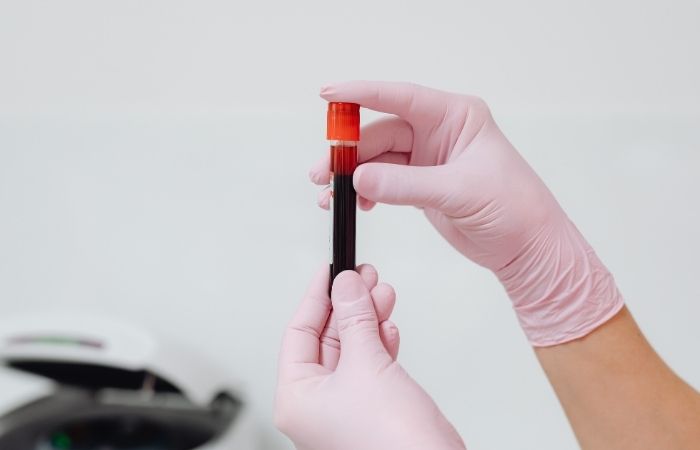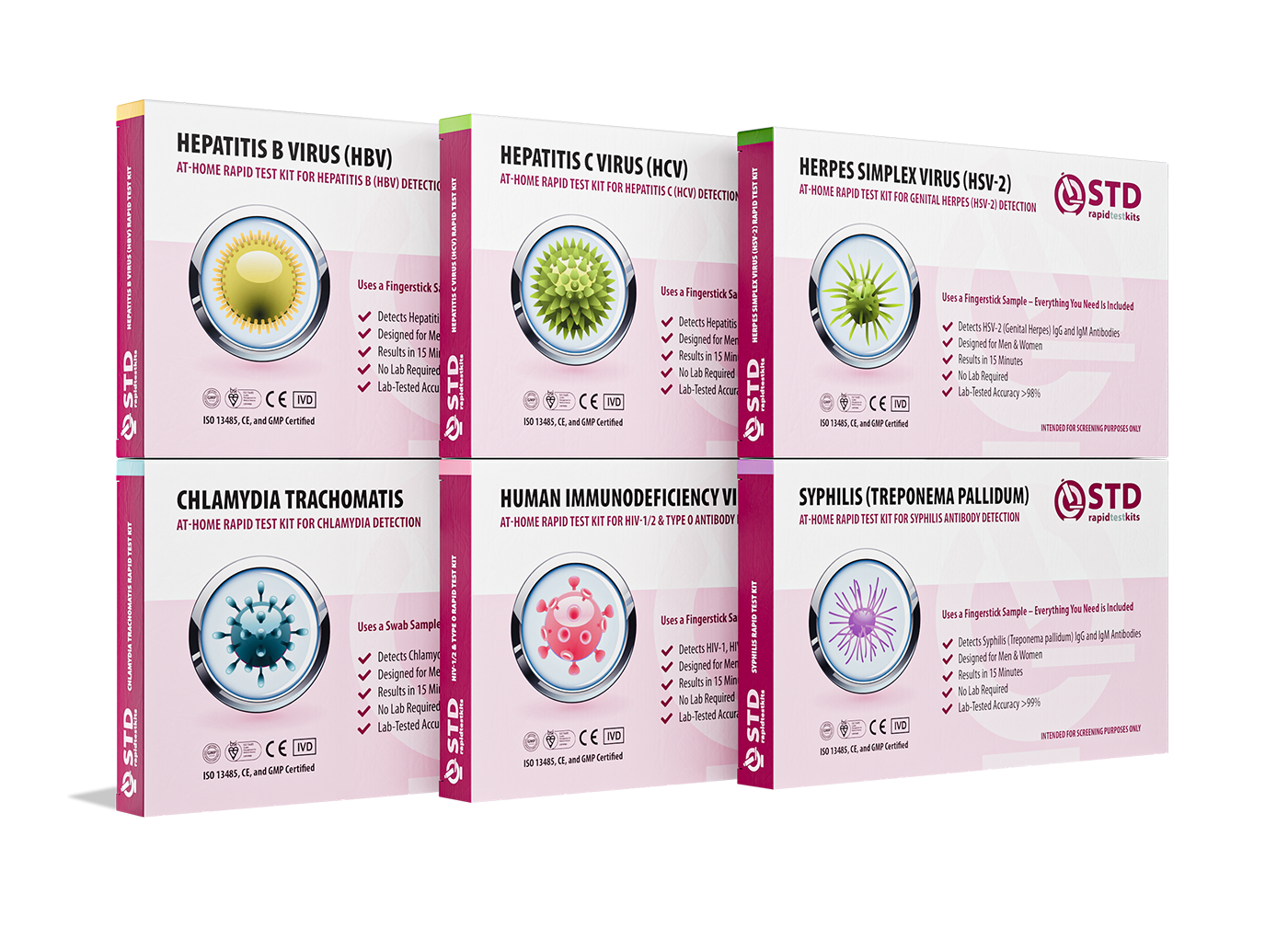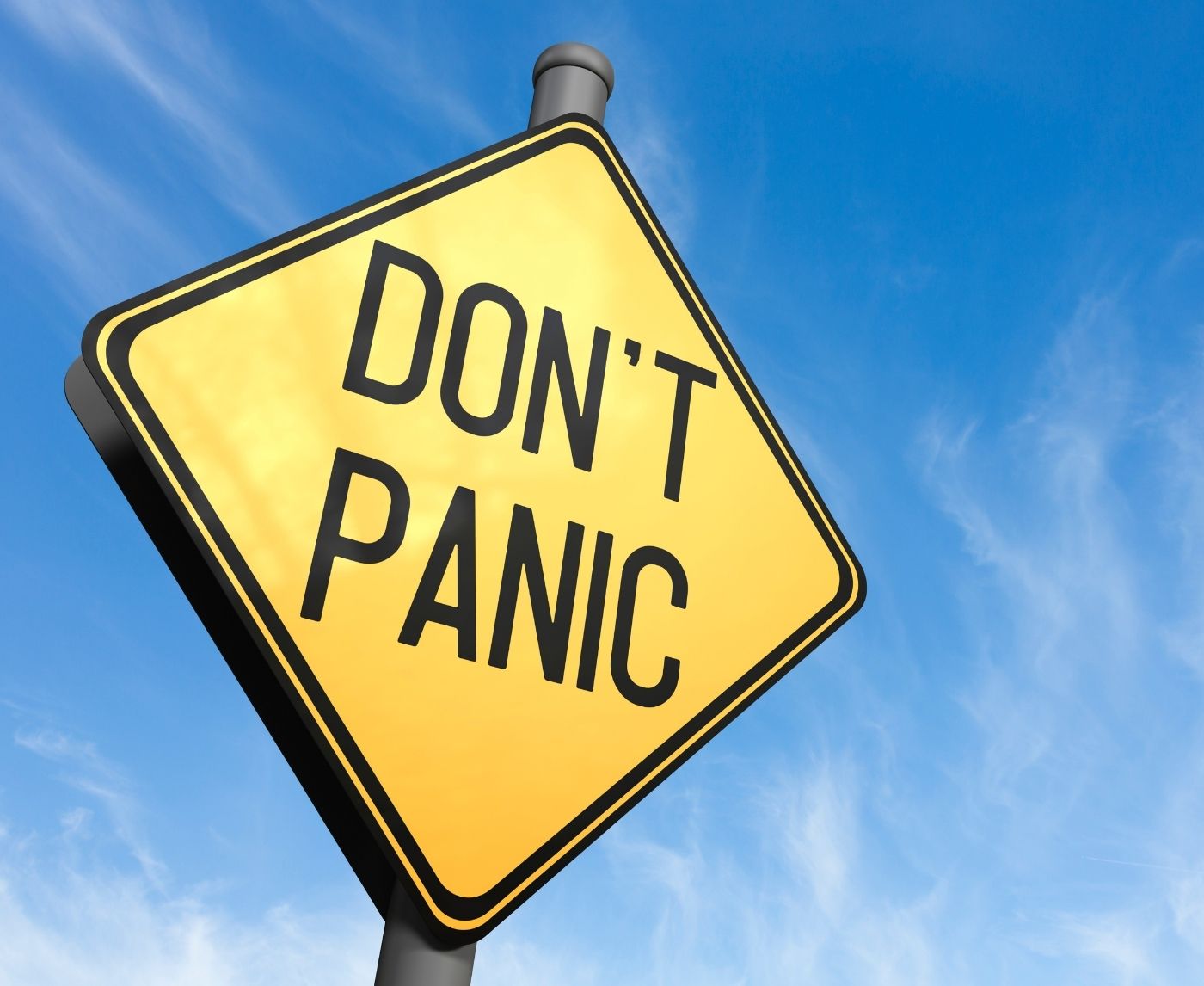Quick Answer: Gonorrhea is curable with the right antibiotics, but you must avoid sex for 7 days after treatment and retest in 3 months, even if symptoms stop early.
The First 24 Hours: What to Do (and What Not to Do)
Lena, 27, was three days into a new relationship when she saw the positive test result. “I had no symptoms,” she says, “but my ex had a scare, so I figured I’d double check. The test said gonorrhea and I just... froze.”
Whether you tested at home, through a clinic, or via a mail-in service, the first instinct might be to panic or tell no one. But here’s the calm reality: gonorrhea is common, and treatable. Your next step is getting the right antibiotics, not scrambling to guess where it came from.
According to current CDC guidelines, uncomplicated gonorrhea is treated with a single 500 mg intramuscular dose of ceftriaxone. If you weigh over 150 kg (330 lbs), the dose may be higher. Oral azithromycin used to be part of the regimen but is no longer standard due to resistance concerns. Don’t self-treat with leftover meds or incomplete regimens, it won’t work, and it can make the infection harder to treat.
Here’s what not to do: don’t assume it’s gone just because symptoms fade. Don’t have sex, oral, vaginal, or anal, until 7 full days have passed since treatment. And don’t skip retesting.
Confirming the Result Wasn’t a Mistake
Home test kits are accurate when used correctly, but no test is 100% perfect. False positives are rare, but they can happen, especially if the instructions weren’t followed exactly, or if the sample was contaminated.
Here’s where timing and test type matter. Most rapid home tests for gonorrhea rely on antigen detection or nucleic acid amplification testing (NAAT). NAAT is extremely sensitive, but a faint line or unclear result may confuse some users. If you’re unsure whether the result is valid, repeat the test using a second kit from a reputable provider or follow up with a clinic-based NAAT test. You can order a new test discreetly from STD Rapid Test Kits.
For those who tested via a doctor or lab, ask which method was used and whether the result was a confirmed positive or a preliminary one pending culture. Not all positives are equal. You deserve clarity before you make any decisions.

People are also reading: That Weird Smell After Sex: Could It Be Trich?
How Treatment Works and What to Expect in Your Body
After the antibiotic injection or oral dose, most people start feeling better within 1 to 3 days if they had symptoms. Discharge may lessen. Burning during urination often fades fast. But that doesn’t mean you’re “clean.” The bacteria can linger in tissues briefly even after being inactivated. This is why the no-sex rule for 7 days exists: you might still be contagious even if you feel fine.
Darius, 32, thought he was better after treatment, until his partner tested positive two weeks later. “I thought we were good. I didn’t realize you could still pass it on that soon.”
Here’s a table to help you track what’s normal after treatment versus what needs attention:
| Time Since Treatment | What’s Normal | Red Flags |
|---|---|---|
| 1–2 days | Mild pelvic discomfort, lingering discharge | Severe pain, fever, swelling in joints or genitals |
| 3–7 days | Symptoms resolve or fade | Discharge gets worse, painful urination continues |
| 8+ days | No symptoms, feeling normal | New symptoms, or symptoms return |
Table 1. Post-treatment recovery guide: when to relax and when to call your provider.
Check Your STD Status in Minutes
Test at Home with Remedium6-in-1 STD Test Kit

 For Men & Women
For Men & Women Results in Minutes
Results in Minutes No Lab Needed
No Lab Needed Private & Discreet
Private & DiscreetOrder Now $119.00 $294.00
For all 6 tests
Telling a Partner (Even If It Was a One-Time Thing)
Let’s talk about the part that makes most people freeze: telling someone else. If you’ve tested positive for gonorrhea, anyone you’ve had oral, anal, or vaginal sex with in the past 60 days should be notified, even if the encounter was casual, one-time, or months ago. This isn't about blame. It’s about stopping the cycle and protecting each other from complications.
Marcus, 24, didn’t want to text his ex. “I figured they’d think I was accusing them, or that I’d cheated. But then I imagined if it were me, and how much worse it would be if I never knew.”
You can tell partners directly, use anonymous notification services like Tell Your Partner, or have a clinic do it without revealing your name. You don’t need to give a speech. One sentence works: “I tested positive for gonorrhea and you might’ve been exposed. I wanted you to know so you can get tested too.”
Most people react better than expected. And if they don’t? That’s not yours to hold.
When to Retest (Even If You Feel Fine)
Getting treated is only half the story. Retesting is critical, and often skipped. Why? Because people assume symptoms = infection and no symptoms = cure. But gonorrhea can come back silently, especially if your partner wasn’t treated or if a new exposure happens too soon after treatment.
The CDC recommends retesting three months after your treatment date to rule out reinfection. This is true whether you had symptoms or not, and even if you used protection. If you're pregnant, immunocompromised, or have a history of pelvic inflammatory disease (PID), your provider may advise testing sooner.
If your test was a home kit and you want clinical confirmation, you can mail in a second sample or visit a nearby clinic. Some people retest at 7–10 days after treatment to check for clearance, but this is tricky: remnants of the bacteria’s DNA can linger and create a false positive. That’s why 3-month retesting is more reliable for status updates.
Here’s a table that breaks down when you should consider retesting:
| Scenario | Retest Timing | Why It Matters |
|---|---|---|
| Treated, partner also treated | 3 months | CDC standard recommendation to check for reinfection |
| Treated, but unsure about partner’s status | 2–4 weeks + again at 3 months | Risk of re-exposure; earlier check may give peace of mind |
| Pregnant or immunocompromised | 10–14 days | Close monitoring helps prevent complications |
| Persistent symptoms | 7–10 days | Could indicate resistant strain or incorrect treatment |
Table 2. Common retesting timelines based on medical situation or exposure risk.
Can Gonorrhea Come Back? (And How to Stop It)
Yes, gonorrhea can return. Not because the antibiotics failed, but because reinfection happens easily when partners aren’t on the same treatment timeline, or when new exposures occur. Condoms reduce the risk significantly, but don’t eliminate it. Oral sex can also transmit gonorrhea, especially from throat to genitals, or vice versa.
Let’s be blunt: some people get treated and go right back to the same sexual routine with untreated partners. This isn’t about shame, it’s about reality. That’s why testing everyone involved is so important.
And yes, there are rare cases of antibiotic-resistant gonorrhea. While the U.S. still treats most cases with a single-dose ceftriaxone injection, researchers and public health officials are tracking strains that don’t respond as expected. If symptoms continue more than a week after treatment, or worsen, follow up immediately with a provider and mention concerns about resistance. Don’t wait it out. Gonorrhea can spread to the joints, blood, and reproductive organs if left unchecked.
How to Protect Yourself (and Your Partner) Going Forward
Recovery isn’t just about killing the bacteria. It’s about breaking the cycle. After gonorrhea, the most powerful move you can make isn’t just abstinence, it’s honest prevention, starting with your next conversation and your next test.
Emilia, 35, had never used home tests before. “After I got treated, I ordered a few extras so I’d never be in the dark again. I keep one in my travel bag like some people keep Plan B.”
Prevention looks different for everyone. Maybe it’s condoms. Maybe it’s testing more frequently. Maybe it’s knowing how to talk about testing with new partners without fumbling. No solution is perfect. But the moment you shift from reactive to proactive, you reclaim power.
And when in doubt? Test. Again, and again if needed. STD Rapid Test Kits offers discreet, fast testing options for gonorrhea and other STDs. You can test at home, keep your privacy, and get clear answers, often in under 20 minutes. If your head keeps spinning, peace of mind is just one kit away.
What About the Emotional Side?
Let's not act like this is all about medicine. If you think of STDs as something that makes you feel bad or reckless, finding out you have gonorrhea can really mess with your head. But the truth is that having an STD doesn't make you dirty. They show that you are human. You had sex. You lived. This time you weren't lucky. That's all.
What happens next says more about you than the infection ever could. Did you test? Did you treat? Did you care about someone else’s health, too? That’s the bar. That’s the story you carry, not the diagnosis.
If the anxiety lingers, or if a partner reacts cruelly, talk to someone. A provider, a therapist, a friend. There’s a whole world of people who’ve been here before, who aren’t afraid to talk about it, who know that healing isn’t just about antibiotics, it’s about unlearning the lies we’ve been told about who gets STDs and what that says about them.
You can move forward without guilt. Without hiding. Without shame. And without gonorrhea.

People are also reading: Do Polyamorous People Get More STDs? What the Data Says
Your Next Best Step
You’ve already done the hardest part, facing the result. Now it’s about moving through it: treating, pausing, informing, and preventing. No guesswork. No spirals.
If you haven’t tested your partner yet, this is your moment. Return to STD Rapid Test Kits to get them the same discreet care you gave yourself.
If you haven’t retested after treatment, mark your calendar. And if you haven’t had the talk yet, copy-paste this sentence: “Hey, I tested positive for gonorrhea. I wanted you to know so you can check, too.” That’s it. That’s love, not blame.
You’re not defined by one test. You’re defined by what you do next. And you’ve got this.
Check Your STD Status in Minutes
Test at Home with Remedium7-in-1 STD Test Kit

 For Men & Women
For Men & Women Results in Minutes
Results in Minutes No Lab Needed
No Lab Needed Private & Discreet
Private & DiscreetOrder Now $129.00 $343.00
For all 7 tests
It’s Not Just One Test, It’s a Pattern
Testing once is great. Testing again is better. Testing regularly? That’s power.
If this was your first STD scare, or your third, it’s easy to feel like testing is just a series of bad surprises. But what if it wasn’t just damage control? What if it became part of your care routine, like brushing your teeth or checking your credit score?
Think of STD testing like tuning a car. You don’t wait for the engine to fall out before getting a diagnostic. You check in, so you can keep driving. Gonorrhea is just one checkpoint. You pass through it, treat it, and keep your system running clean.
Jaime, 29, used to test “only when something felt off.” After a surprise gonorrhea diagnosis in a monogamous relationship, she shifted. “Now I test every three months, no matter what. It gives me peace. It also keeps my partner accountable without either of us having to play detective.”
STD testing shouldn’t feel like punishment. It’s self-respect. It’s clarity. It’s how you take care of your sex life, just like therapy is how you take care of your mental health, and SPF is how you take care of your skin. You deserve tools, not fear.
If you’ve ever avoided testing because you didn’t want to “know,” here’s a secret: that pit in your stomach doesn’t go away by ignoring it. But it does go away when you test, treat, and get back in control.
There’s no medal for winging it. And no shame in needing a retest. Just take the next right step. Order another kit. Call the clinic. Ask the hard question. And when you’re done, breathe a little easier, because now you know. That’s what matters.
Whether you’re dealing with symptoms, managing recovery, or just waking up to this whole world of sexual health, remember: you're not alone, you're not dirty, and you're not broken. You're someone who gives a damn. And that puts you way ahead of the curve.
FAQs
1. Can gonorrhea really go away on its own?
Not a chance. It might look like it's fading, less discharge, no pain, but that's your body faking peace while the bacteria quietly keeps doing damage. Left untreated, gonorrhea can mess with your reproductive system, lead to joint infections, or raise your HIV risk. This isn’t a "wait it out" situation.
2. How long do I have to wait before having sex again?
Seven full days after treatment. Not five. Not “until symptoms stop.” A full week. Even if you feel fine, you're still contagious in that window. And yes, that includes oral, anal, or anything else that counts as contact. Make it a full week, or risk passing it right back into your circle.
3. Do I really have to tell my ex or hookup?
If they were part of your last 60 days, yeah. We get it, it’s awkward, especially if you haven’t talked in a while. But untreated gonorrhea spreads fast and hard. Think of it this way: would you want to know if the roles were reversed? A one-sentence heads-up can save someone’s fertility.
4. I got treated but tested positive again. Why?
Reinfection is more common than treatment failure. If your partner didn’t get treated, or if you hooked up with someone new too soon, you can end up right back where you started. This is why retesting after three months isn’t optional. It’s smart.
5. It didn’t hurt. Do I really need to worry?
That’s the trap. Gonorrhea can be sneaky. No pain doesn’t mean no problem. It can still scar your fallopian tubes, block the vas deferens, or cause permanent damage behind the scenes. Silence isn’t safety.
6. Can I borrow meds from a friend?
Hard no. That “leftover” antibiotic won’t touch this thing. Gonorrhea needs a specific dose of a specific drug, usually an injection, and mistreating it only helps it evolve into something scarier. Don’t guess. Don’t DIY.
7. I’m pregnant. Is this dangerous for my baby?
It can be, yes. Gonorrhea during pregnancy raises the risk of early labor, miscarriage, and eye infections in newborns. But the good news: treatment is safe during pregnancy and works fast. Talk to your provider immediately.
8. Can I really test for gonorrhea at home?
Absolutely. You don’t need a clinic to get answers. STD Rapid Test Kits has fast, discreet gonorrhea tests you can use in your bathroom, no waiting room required. You’ll know your status in minutes, not weeks.
9. What if it spreads? Will I know?
Maybe, but not always. If gonorrhea escapes the reproductive system, it can end up in your joints or bloodstream, causing swelling, fever, or full-body pain. This is called DGI (disseminated gonococcal infection) and it’s rare, but serious. Early treatment is how you avoid this chapter entirely.
10. Is gonorrhea always from sex?
Almost always, yes. There are edge cases, shared sex toys, rare fluid exposures, but if you’ve tested positive, it likely came from sexual contact. That’s not about morality. It’s about microbiology.
You Deserve Answers, Not Assumptions
The minute someone hears “STD,” the judgments start flying. Did you sleep around? Were you irresponsible? Who gave it to who? But here’s the thing, those questions miss the point. Gonorrhea doesn’t care if you’re monogamous, queer, experimenting, or freshly divorced. It spreads through bodies, not reputations.
Andre, 41, had been in a closed relationship for six years when he tested positive. “I thought I’d been careful,” he said. “The test made me question everything, myself, my partner, our history.” But biology doesn’t care about our social contracts. Someone can carry gonorrhea for weeks or even months without symptoms. That includes partners you trust and people who didn’t know they were exposed.
This isn’t about blame. It’s about biology, timing, and action. You got tested because you care. You’re reading this because you want clarity. And you deserve more than assumptions. You deserve facts, next steps, and the space to move forward without shame.
So here it is: Gonorrhea is common. It’s curable. And it says nothing about who you are, except that you’re paying attention.
How We Sourced This Article: We combined current guidance from leading medical organizations with peer-reviewed research and lived-experience reporting to make this guide practical, compassionate, and accurate.
Sources
1. WHO – Sexually Transmitted Infections Factsheet
2. Planned Parenthood – Gonorrhea 101
3. Gonococcal Infections Among Adolescents and Adults (CDC)
4. Gonorrhoea (Neisseria gonorrhoeae infection) — WHO Fact Sheet
6. Gonorrhea — StatPearls/NCBI Bookshelf
7. Clinical Treatment of Gonorrhea — CDC
9. Gonorrhea: Symptoms & Causes — Mayo Clinic
About the Author
Dr. F. David, MD is a board-certified infectious disease specialist focused on STI prevention, diagnosis, and treatment. He blends clinical precision with a no-nonsense, sex-positive approach and is committed to expanding access for readers in both urban and off-grid settings.
Reviewed by: Dr. Natalie Rhys, MPH | Last medically reviewed: November 2025
This article is for informational purposes and does not replace medical advice.










